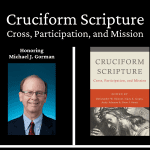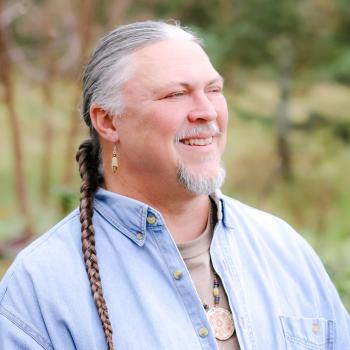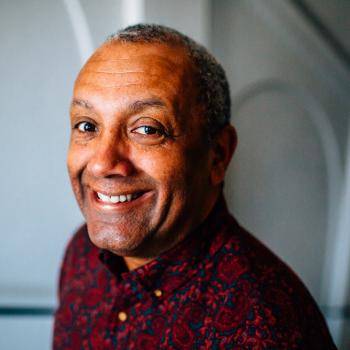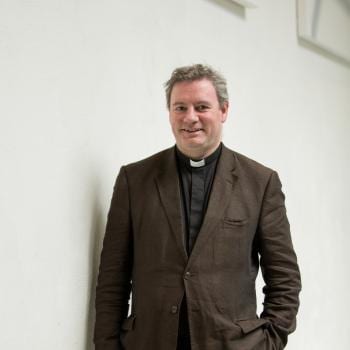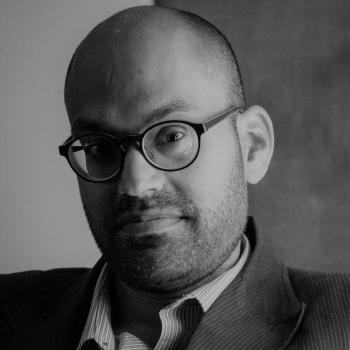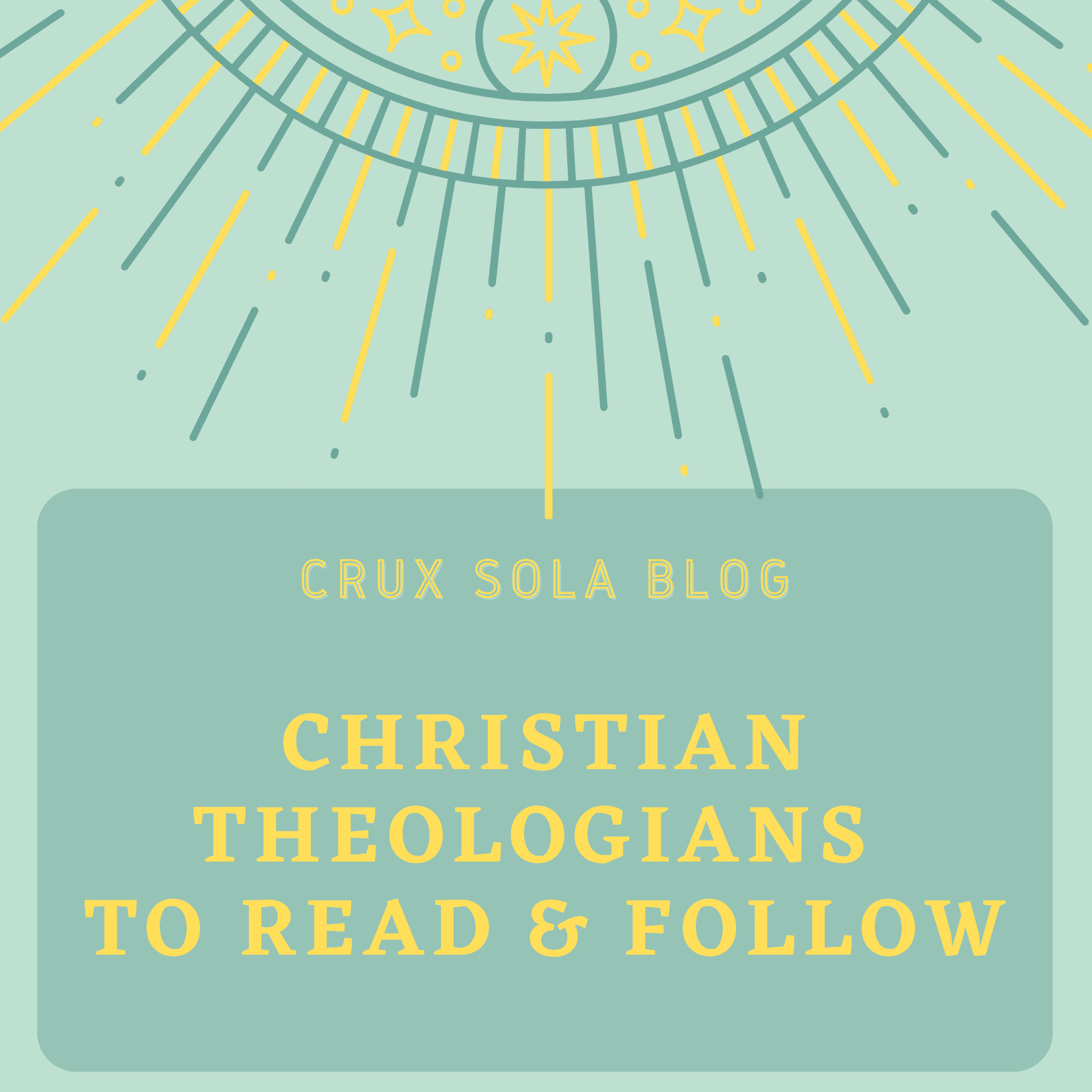
Miroslav Volf, Henry B. Wright Professor of Theology, Founder and Director of Yale Center for Faith & Culture, Yale University Divinity School
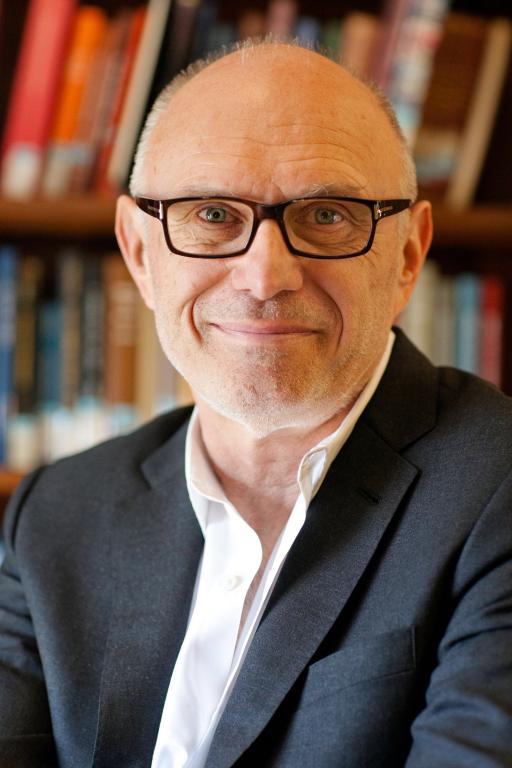
Why do you love teaching and researching about Christian theology?
As a 16-year-old kid, I became a passionate reader of theology. I was in search of the shape of the true life in the midst of a false one. For the last 50 years or so, I’ve continued to study theology with similar intensity and for the same reason. God and God’s relation to the world is the subject matter of theology. However, the purpose of theology is not God, but participation in the realization of God’s purpose for the world, which is the truly flourishing life of each creature individually and of all creatures together in the life-giving presence of God. Christian theology is concerned with the most important questions of human existence, to which the sciences can contribute, but which they, by the very nature of their methodologies, are unable to address. To teach about all of this is both exciting and important, all the more so as these questions have been largely marginalized both in modern universities (which are nonetheless extraordinarily important institutions!) and in contemporary culture. I love doing theology — writing and teaching — but theology is not just my love; it is also my calling. When I look back at my life, I cannot help but think that God has “enticed” me and placed a strange theological fire into my bones (Jeremiah 20). That fire makes it impossible for me not to teach, not to write, not to be a theologian.
What is one “big idea” in your scholarship?
The center of the kind of theology I am pursuing is the generativity and unconditionality of God’s love. That theme is as old as the claim in 1 John that “God is love,” which means what it says: not just that God is loving, but that love is the heart of God’s being, with the effect that in everything that God does God loves. All Christian convictions are, in a certain sense, explication of that one three-word sentence, convictions ranging from the affirmation that God is triune to the hope that God will remake the world into God’s dwelling-place. So are all other convictions for which these two serve as book-ends: that God created the world whose goodness is and remains primordial, that the Word became flesh in Jesus Christ, that God’s Lamb bore the sin of the world, that God justifies the ungodly, that we are called to love God and neighbors along with all creatures, that we are to love even our enemies, and that we should celebrate truth, goodness, and beauty wherever we find them. In the “Epilogue” to the second edition of Exclusion & Embrace I give a summary of my “credo” built around the claim that “God is love,” both the biggest and the most common of Christian ideas. I should add here what I don’t say there: originality is not a theological virtue; context-specific faithfulness is.
Exclusion and Embrace was originally published some 25 years ago (1996; 2nd ed. 2019) and it still continues to express my deep convictions.
For the Life of the World (with Matthew Croasmun) (2019) sketches a new agenda for theology.
Who is one of your academic heroes and why do you admire them?
Martin Luther (in a version of the Finnish Lutheran interpretation of his theology) is my theological hero. I love the radicality with which he affirmed grace, and I am both appalled and strangely comforted by how flawed he was. Jürgen Moltmann was my doctoral supervisor, and I have always loved his creativity, his sensitivity to contexts, and his freshness even in his nineties. I appreciate that for him social critique is always subordinated to God’s promise, an echo of the idea that in the New Testament the proclamation of the good news towers over the call to repentance.
What books were formative for you when you were a student? Why were they so important and shaping?
In my early theological formation, three books opened up new ways of thinking for me. The most important one, and the one with which I still identify almost entirely, is Luther’s The Freedom of the Christian (1520), a rare and underappreciated jewel of Christian literature that compellingly articulates the beauty of radical grace, received by faith and is passed on to neighbors in love. Second, I read Joseph Ratzinger’s Introduction to Christianity (1968) when I was 18; it has remained for me an important example of theology which is at its core a deep spirituality. Third, Jürgen Moltmann’s The Crucified God (1972), along with his earlier Theology of Hope (1964), sensitized me to the public dimensions of the Christian faith.
Read Volf’s Work
Exclusion & Embrace: A Theological Exploration of Identity, Otherness, and Reconciliation (Revised and Updated)
For the Life of the World: Theology That Makes a Difference
The End of Memory: Remembering Rightly in a Violent World
Follow Volf Online
If you ran into me at a conference and didn’t want to talk theology, what would you want to talk about?
What is a research/writing project you are working on right now that you are excited about?
Together with Ryan McAnally-Linz, I am writing a book that sketches a Christian “story of everything,” titled Home of God. We are answering the following big question: “What is God’s purpose in creating the world?” The proper response, we argue, is neither “God” nor “the world itself,” but the “home of God,” by which we mean the world as a social and material space in which God and humans, along with the entire creation, are all at one with one another. This idea is the red thread of the whole Bible, from Genesis 1-2 to Revelation 21-22, and is most decisively articulated in John 1: “The Word became flesh and dwelled among us.”









